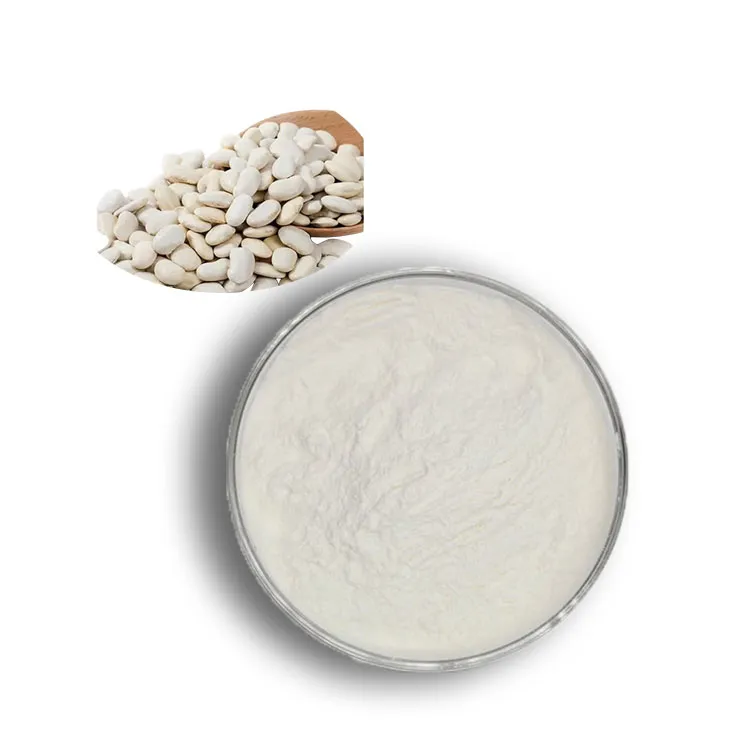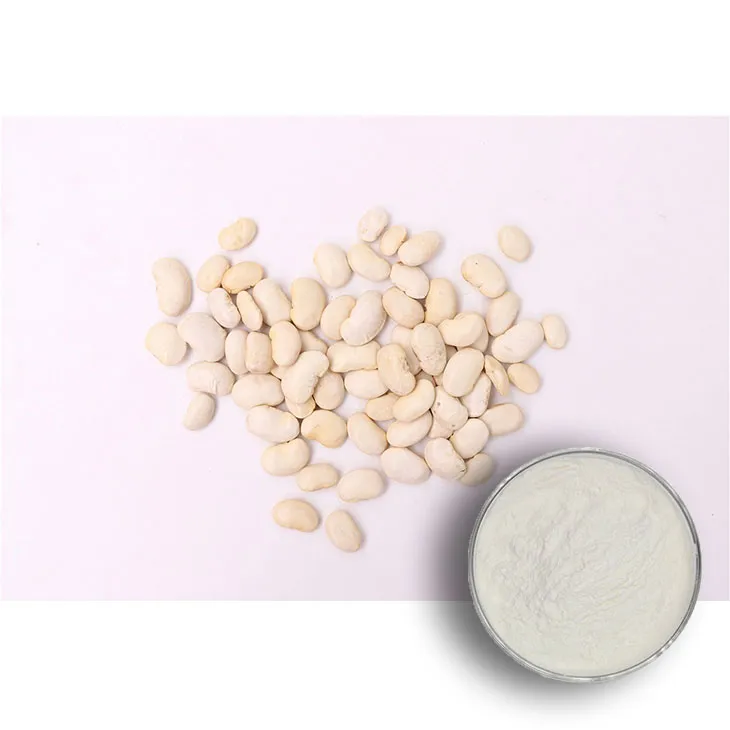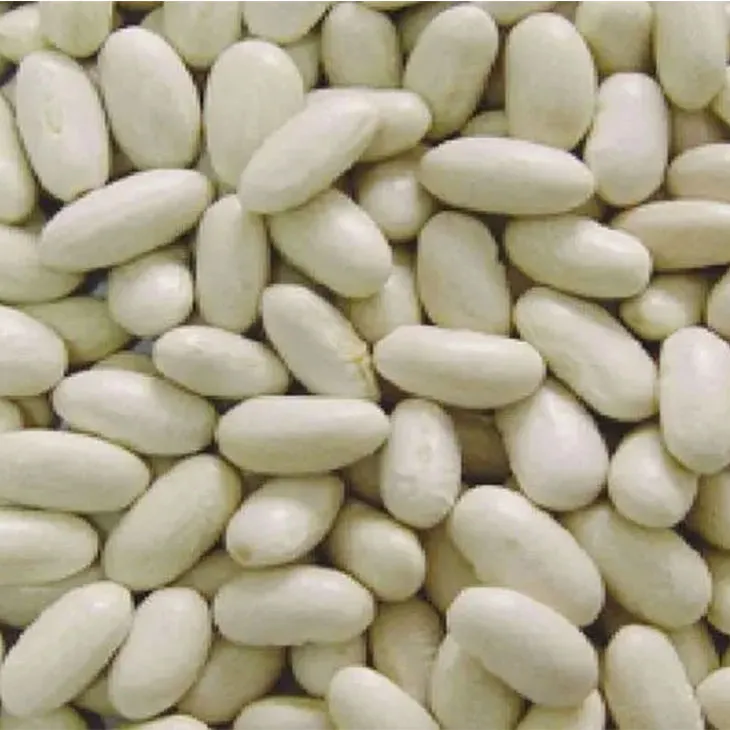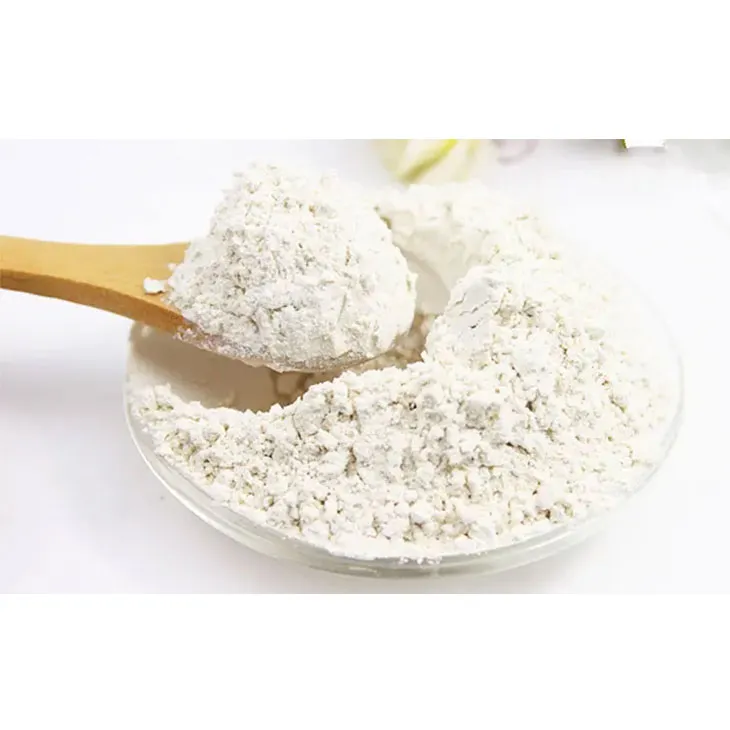- 0086-571-85302990
- sales@greenskybio.com
Kidney Bean Extract: Benefits, Uses and Possible Side Effects
2024-11-12

1. Introduction
Kidney Bean Extract has been gaining attention in the world of health and nutrition. Derived from the kidney bean (Phaseolus vulgaris), this extract contains a variety of substances that may offer numerous health benefits. Understanding these benefits, as well as its proper uses and potential side effects, is crucial for those interested in incorporating it into their health regimens.

2. The Composition of Kidney Bean Extract
The Kidney Bean Extract is rich in several bioactive compounds. One of the most notable is phaseolamin, which is often the focus of much of the research on kidney bean extract's health effects. Additionally, it contains antioxidants such as phenolic compounds, flavonoids, and tannins. These components work together to give the extract its potential health - promoting properties.

3. Benefits of Kidney Bean Extract
3.1. Improved Digestion
- The phaseolamin in kidney bean extract may play a role in digestion. It has been suggested to inhibit the activity of certain enzymes in the body that are involved in the breakdown of carbohydrates. By doing so, it can potentially help regulate blood sugar levels. For example, when we consume starchy foods, these enzymes break down the starches into sugars. The presence of phaseolamin can slow down this process, preventing a rapid spike in blood glucose levels.
- Moreover, the extract may also have a positive impact on the gut microbiota. A healthy gut microbiota is essential for proper digestion. Some studies have indicated that the compounds in kidney bean extract can act as prebiotics, promoting the growth of beneficial bacteria in the gut. These bacteria can then help in the further breakdown of food and the absorption of nutrients.
3.2. Antioxidant Effects
- The antioxidants present in kidney bean extract, such as flavonoids and phenolic compounds, are important for protecting the body against oxidative stress. Oxidative stress occurs when there is an imbalance between the production of free radicals and the body's ability to neutralize them. Free radicals are highly reactive molecules that can damage cells, proteins, and DNA.
- By scavenging free radicals, the antioxidants in kidney bean extract can help reduce the risk of various chronic diseases. For instance, they may lower the risk of heart disease by preventing the oxidation of LDL cholesterol (the "bad" cholesterol). Oxidized LDL cholesterol is more likely to build up in the arteries, leading to plaque formation and an increased risk of heart attacks and strokes.
- Antioxidants also have anti - inflammatory properties. Inflammation is a natural response of the body to injury or infection, but chronic inflammation can contribute to many diseases, including arthritis, diabetes, and certain cancers. The antioxidant - rich kidney bean extract can help modulate the body's inflammatory response, reducing the risk of these chronic inflammatory conditions.
3.3. Potential Weight Management Benefits
- As mentioned earlier, phaseolamin's ability to inhibit carbohydrate - digesting enzymes may also have implications for weight management. By slowing down the digestion of carbohydrates, it can lead to a feeling of fullness for a longer period. This can potentially reduce overall calorie intake, as people may be less likely to overeat.
- Some research has also suggested that kidney bean extract may increase the body's metabolic rate. A higher metabolic rate means that the body burns more calories at rest. While more studies are needed to confirm this effect, it could be an additional factor in its potential role in weight management.

4. Uses of Kidney Bean Extract
4.1. Dietary Supplements
- Kidney bean extract is commonly available in the form of dietary supplements. These supplements are often marketed as aids for weight loss, blood sugar control, and overall health improvement. They can be found in various forms, such as capsules, tablets, or powders.
- When choosing a kidney bean extract supplement, it is important to look for products from reliable manufacturers. Check for proper labeling, which should include information about the concentration of the active ingredients, any potential allergens, and usage instructions.
4.2. Incorporating into the Diet
- One can also incorporate kidney beans themselves (from which the extract is derived) into their diet. Kidney beans are a great source of plant - based protein, fiber, and other nutrients. They can be used in a variety of recipes, such as soups, stews, and salads.
- Cooking kidney beans properly is essential to ensure safety and to maximize their nutritional value. Raw or undercooked kidney beans contain a toxin called lectin, which can cause nausea, vomiting, and diarrhea. Soaking the beans overnight and then cooking them thoroughly can help remove the lectin and make them safe to eat.

5. Possible Side Effects of Kidney Bean Extract
5.1. Gastrointestinal Disturbances
- Some people may experience gastrointestinal side effects when taking kidney bean extract. These can include nausea, vomiting, diarrhea, or abdominal cramps. These symptoms may be more likely to occur if the extract is taken in large doses or if a person has a sensitive stomach.
- It is important to start with a low dose when using kidney bean extract supplements and gradually increase the dose if needed, while closely monitoring for any adverse reactions.
5.2. Allergic Reactions
- Although relatively rare, allergic reactions to kidney bean extract are possible. Symptoms of an allergic reaction can range from mild, such as skin rashes or itching, to more severe, including difficulty breathing or swelling of the face, lips, or tongue. People with known allergies to legumes may be at a higher risk of having an allergic reaction to kidney bean extract.
- If any signs of an allergic reaction occur after taking kidney bean extract, it is crucial to stop using the product immediately and seek medical attention.
5.3. Interaction with Medications
- Kidney bean extract may interact with certain medications. For example, if a person is taking medications for diabetes to control blood sugar levels, the addition of kidney bean extract could potentially cause blood sugar to drop too low (hypoglycemia). This is because the extract's effect on carbohydrate digestion may enhance the blood - sugar - lowering effects of the diabetes medications.
- Similarly, it may interact with medications for high blood pressure. It is essential for individuals taking medications to consult with their healthcare provider before starting to use kidney bean extract supplements to avoid any potential harmful interactions.
6. Conclusion
Kidney bean extract offers a range of potential benefits, from improved digestion and antioxidant effects to possible weight management support. However, it is important to be aware of its possible side effects and to use it safely. Whether choosing to use kidney bean extract in supplement form or by incorporating kidney beans into the diet, proper precautions should be taken. As with any natural product, more research is needed to fully understand all of its properties and effects, but it shows great promise as a component of a healthy lifestyle.
FAQ:
What are the main substances in kidney bean extract?
Kidney bean extract contains various substances. It typically has proteins, dietary fibers, and some bioactive compounds like flavonoids which contribute to its potential health benefits.
How does kidney bean extract improve digestion?
The dietary fibers present in kidney bean extract can add bulk to the stool, promoting regular bowel movements. It may also help in the proper functioning of the digestive tract by providing a substrate for beneficial gut bacteria.
Can kidney bean extract help with weight loss?
There is some evidence to suggest that it might be beneficial for weight loss. The high fiber content can increase satiety, reducing overall food intake. However, it should be part of a comprehensive weight - loss plan that includes a balanced diet and regular exercise.
What are the possible side effects of kidney bean extract?
Some people may experience gastrointestinal discomfort such as bloating, gas, or diarrhea when consuming kidney bean extract, especially if taken in large amounts. In rare cases, allergic reactions may also occur.
How should kidney bean extract be consumed for optimal benefits?
It is usually recommended to follow the dosage instructions on the product label. It can be consumed as a supplement in capsule or powder form, or sometimes it is added to certain foods or beverages. However, it is important to consult a healthcare provider before starting any new supplement regime.
Related literature
- The Nutritional Composition and Health Benefits of Kidney Beans"
- "Kidney Bean Extract: A Review of its Pharmacological Properties"
- "The Role of Kidney Bean Extract in Digestive Health"
- ▶ Hesperidin
- ▶ citrus bioflavonoids
- ▶ plant extract
- ▶ lycopene
- ▶ Diosmin
- ▶ Grape seed extract
- ▶ Sea buckthorn Juice Powder
- ▶ Beetroot powder
- ▶ Hops Extract
- ▶ Artichoke Extract
- ▶ Reishi mushroom extract
- ▶ Astaxanthin
- ▶ Green Tea Extract
- ▶ Curcumin Extract
- ▶ Horse Chestnut Extract
- ▶ Other Problems
- ▶ Boswellia Serrata Extract
- ▶ Resveratrol Extract
- ▶ Marigold Extract
- ▶ Grape Leaf Extract
- ▶ blog3
-
Cranberry Plants and Skin - care Products.
2024-11-12
-
Red Wine Extract
2024-11-12
-
Maca Extract
2024-11-12
-
Cat Claw Extract
2024-11-12
-
Sea buckthorn oil
2024-11-12
-
Green Tea Extract
2024-11-12
-
Black Pepper Extract
2024-11-12
-
Wheat Germ Extract
2024-11-12
-
Mango flavored powder
2024-11-12
-
Curcuma Longa Extract/Turmeric extract
2024-11-12
-
Hesperidin
2024-11-12





















